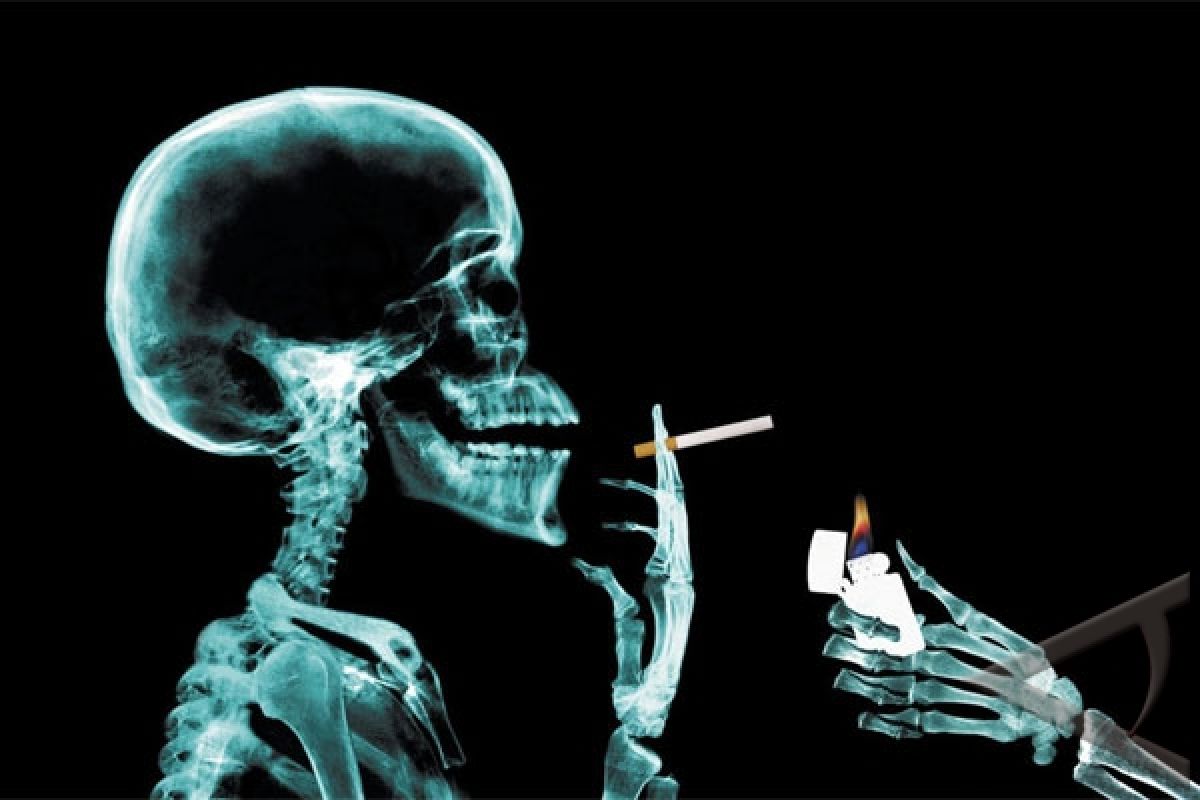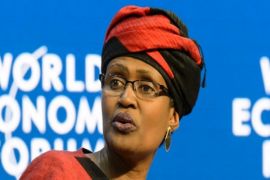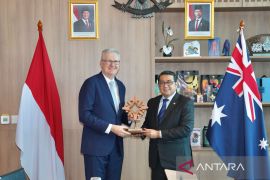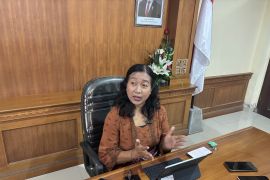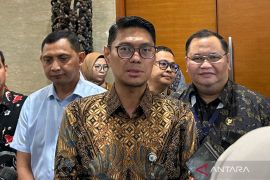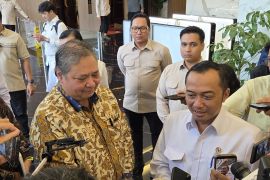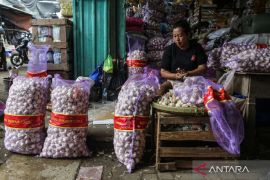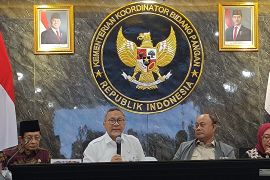"The poorest household`s spending for cigarettes could reach 70 percent which is the second biggest spending after food," a researcher from state University of Indonesia`s Economics Faculty`s Demographic Institute, Abdillah Ahsan, said here on Wednesday.
This is very concerning as this means that six out of ten poorest households in the country spend their money on cigarettes increasing their economic burden, he said.
Based on Law Number 39 of 2007 on tobacco excise funds (DBHCHT), two percent of the state income is distributed to tobacco producing provinces, which in 2010 reached around Rp1.1 trillion.
"The funds will be used to improve the quality of raw materials, develop industry, developing social environment and popularization of excise and illegal excise eradication," he said.
From the five funds allocations only the one which is for social environment development that can be used to promote health awareness against smoking, create jobs and alleviate poverty.
On the occasion head of tax sharing funds section of the ministry of finance, Lesmana, said the use of the tax funds was focused on health sector especially in the tobacco producing regions.
"With the program local governments are hoped to give training and vocational skills outside cigarette making," he said.
He said supervision had been carried out so far especially on cigarette industries and social environment of cigarette producing regions and prevention of illegal cigarettes.
He said the regions that receive the DBHCHT funds include North Sumatra, West Java, Central Java, Yogyakarta and, East Java.
(T.ANT-273/H-YH/HAJM/F001)
Editor: Priyambodo RH
Copyright © ANTARA 2011
